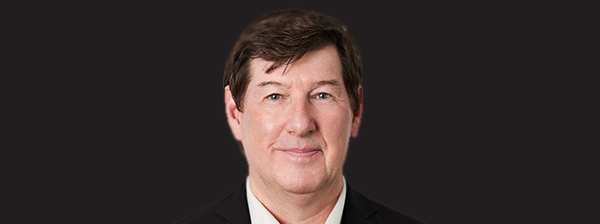
By Peter McInnis
Recent political squabbles over alleged federal election interference and external threats posed by hostile state governments have led to drafting of legislative remedies. The proposed Foreign Influence Transparency Registry (FITR) would require all Canadians, including academics, to disclose collaborations with international counterparts. While consultations on the registry do not single out any one nation, it is clear the giant panda in the room is China.
In addition to this requirement for CAUT members to be “transparent” regarding possible “interference,” we have set our spies on the case. Canadian Security Intelligence Service (CSIS) is engaged in investigations of potential threats to our country and military. Fair enough, for that’s the CSIS core mandate, and yet there’s no room for complacency as challenges to civil rights and the prosecution of “enemy aliens” should be placed in historical context.
We need not be naïve, nor paranoid, but rather vigilant. China, under the authoritarian rule of Xi Jinping, has made aggressive moves not only to consolidate its geographic sphere of influence – Taiwan and Hong Kong immediately come to mind – but also to recognize that it is indeed, a superpower with global reach. While matters of national security must be considered, Sino-Canadian cooperation has long yielded positive results.
Simply stated, not everything associated with China is negative. We have benefitted from ongoing intellectual cooperation, as we do more broadly with many other nations. Chinese-Canadian scholars have also made important contributions to research and teaching.
The uneasy relationship between Canadian academics and the security state predates CSIS by decades. Throughout the Cold War era, the RCMP surveilled academics with determined zeal. Archival files from an Access to Information and Privacy request reveal that the RCMP infiltrated Canadian university campuses. Its agents forwarded alarming accounts of radical subversives ranging from “student power” groups and “Indian movements” to support of the Black Panthers and the Front de libération du Québec (FLQ).
Into this seething morass of unrest ventured CAUT.
RCMP reports from the 1960s and 1970s indicate ongoing concerns that CAUT efforts to uphold academic freedom would wrest control of university and college governance from their administrations. This was a period of uneasy transition from a smaller post-secondary environment to one of rapid growth that brought forward demands for greater faculty autonomy and eventually professional rights enshrined in collective agreements.
Contemporary concerns over foreign influence and espionage are not a recent issue. In a September 1967 submission to the Royal Commission on Security, CAUT noted, “Many university faculty members who are scientists do research that involves the use of classified materials… [therefore with respect to national security] their professional careers are inevitably affected.”
CAUT then, as now, requested that when security officers make campus inquiries, they must notify senior administrators and that affected faculty must also be duly informed and made aware of their constitutional rights.
This was more than an abstract concern as investigations during the Cold War into suspected espionage left academics labelled as “un-Canadian,” subject to summary dismissal and banishment from the profession. RCMP files typically included a cover sheet with the statement, “information evaluated and believed true.” Yet, in many instances the details were flawed and the insinuations unsupported.
Modern geopolitics aside, we should never return to a situation whereby one is guilty until proven innocent. We must also expect our university and college administrations to approach this matter with attentiveness, for history instructs us that we must never obey in advance and cede our rights as citizens.
So where does this leave us in our contemporary situation of unease with international collaborations and growing suspicions of commercial and military espionage? China poses a particular conundrum, but so too do other nations. Ironically, earlier fears over undue American influence are not reflected in the deliberations on FITR. Should Canadian academics withdraw to protect their sensitive research or retain carefully nurtured international connections and remain confident that good judgment and a measure of prudence will suffice to protect the national interest?